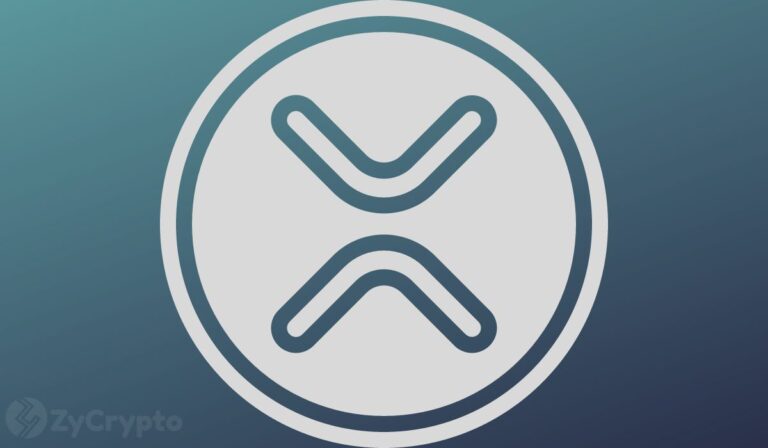Is Your Investment in Hyperliquid at Risk? North Korean Hackers Pose Threat, Experts Warn
The Recent Downtrend in Hyperliquid (HYPE)
Hyperliquid (HYPE), a decentralized exchange (DEX) token, has recently experienced a significant 20% drop in price. This sudden decline comes in the wake of reports linking hacking activity to North Korean state-sponsored groups. Following an impressive bull run earlier in the month, where HYPE hit an all-time high of $35.02 on December 21, the price has since plummeted to around $26.40 at press time.
The Threat of North Korean Hackers
Experts are warning investors to exercise caution as North Korean hackers have been identified as a potential threat to the security and stability of cryptocurrencies. The involvement of state-sponsored groups in hacking activities raises concerns about the safety of digital assets and the vulnerability of decentralized platforms like Hyperliquid.
North Korea has a history of conducting cyber attacks to evade economic sanctions and generate revenue for its regime. The use of cryptocurrencies provides a convenient and anonymous way for the country to fund its illicit activities, making it a significant cybersecurity risk for the cryptocurrency industry.
Investors in Hyperliquid are advised to stay informed about the latest developments and take necessary precautions to safeguard their investments in light of the growing threat posed by North Korean hackers.
How This Will Affect You
As an investor in Hyperliquid (HYPE), the recent reports of hacking activity linked to North Korean state-sponsored groups should raise concerns about the security and stability of your investment. The sharp drop in price following these developments indicates the impact of external factors on the value of cryptocurrencies and the potential risks associated with investing in decentralized platforms.
It is important to stay updated on cybersecurity threats and take proactive measures to protect your digital assets from potential attacks. Consider diversifying your investment portfolio and implementing security measures to mitigate the risks posed by North Korean hackers and other malicious actors in the cryptocurrency space.
How This Will Affect the World
The threat posed by North Korean hackers to decentralized platforms like Hyperliquid highlights the global cybersecurity challenges facing the cryptocurrency industry. The involvement of state-sponsored groups in hacking activities raises concerns about the integrity of digital assets and the susceptibility of decentralized exchanges to external threats.
The increasing use of cryptocurrencies by rogue nations like North Korea to evade sanctions and fund illicit activities underscores the need for enhanced cybersecurity measures and regulatory oversight in the cryptocurrency space. As the industry continues to evolve, it is crucial for stakeholders to collaborate on addressing cybersecurity risks and ensuring the safety and trustworthiness of decentralized platforms and digital assets.
Conclusion
Investors in Hyperliquid (HYPE) should remain vigilant in light of the recent reports of hacking activity linked to North Korean state-sponsored groups. The threat posed by cyber attacks underscores the importance of implementing robust security measures and staying informed about cybersecurity risks in the cryptocurrency space. By taking proactive steps to mitigate potential threats and safeguard investments, investors can protect themselves from the impact of external factors on the value and stability of decentralized platforms like Hyperliquid.




